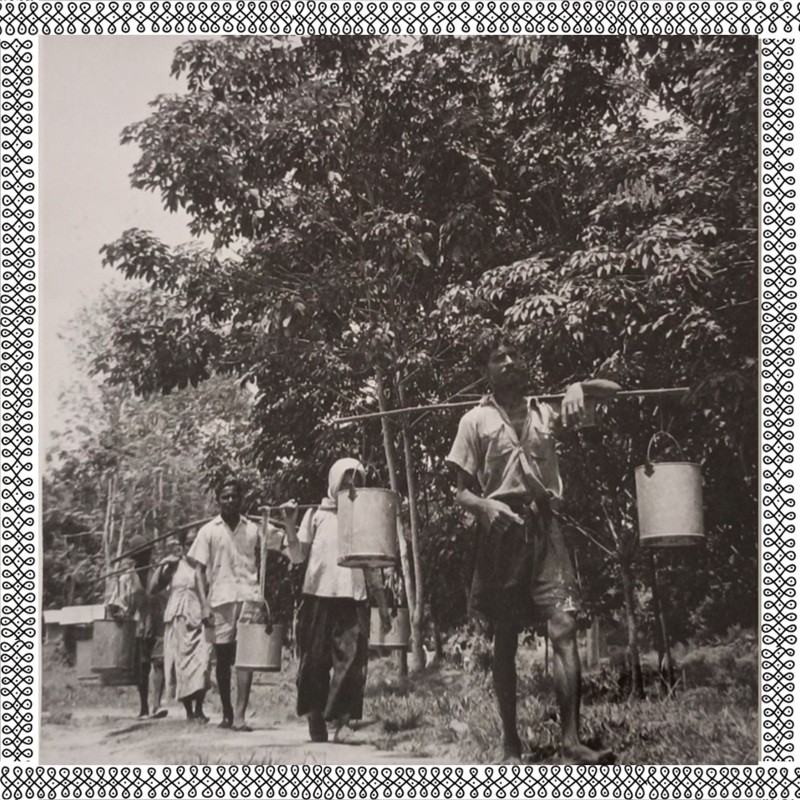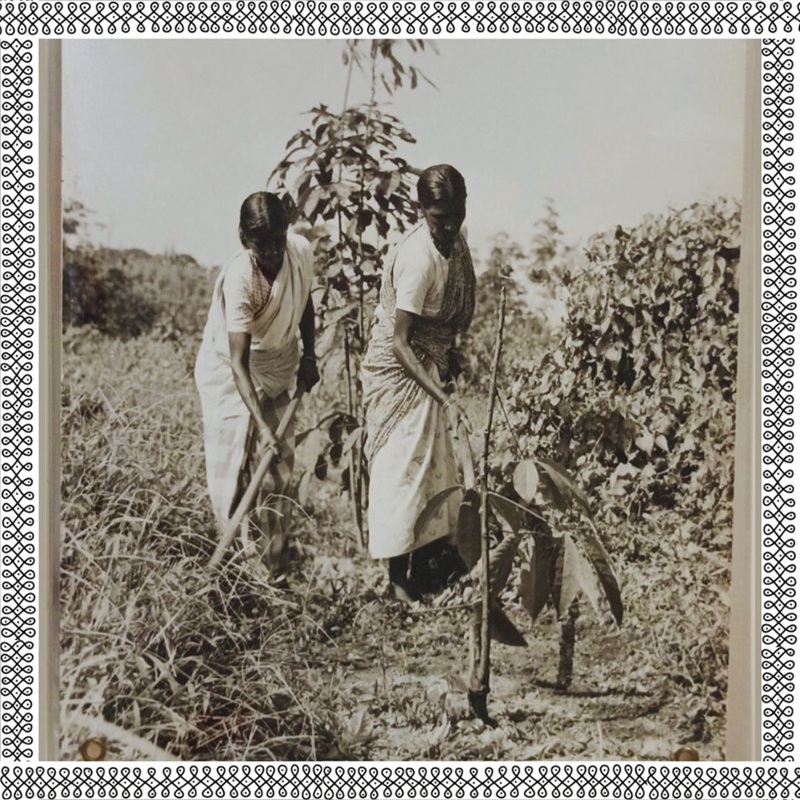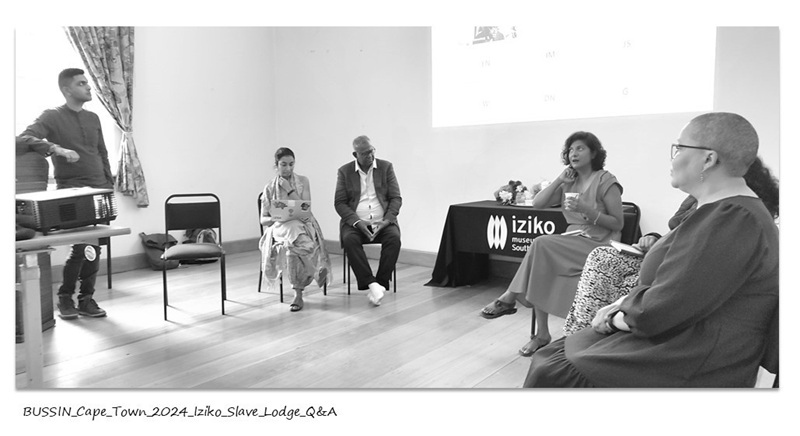BUSSIN Archive

The BUSSIN Archive Pilot Project is the second step in the BUSSIN Project that seeks to create South-South solidarities with the aim of addressing precarity created through colonisation and the indentured labour system. The impetus of the project revolved around how we can use the past to reimagine the future. The indentured archives forged through a colonial perspective have provided particular representations of Indian people that are often derogatory. Such representations continue to perpetuate precarity and marginalise Indians in the diaspora in various aspects of their lives. Through activating the archive, we see archived material from different perspectives, find ‘hidden’ stories, and begin to imagine how marginalised voices can speak through us. This allows for different versions of events to transpire which we believe allows the strengths and resistances to colonialism to emerge.

The BUSSIN Archive Pilot Project members from the collectives in South Africa and Malaysia carried out a preliminary search of the catalogued indentured archival records. Kiru Naidoo and Preveena Balakrishnan visited several archives in South Africa and Malaysia respectively to create a catalogue of the types of materials available pertaining to indentured labour. Dr Subashini Gordon carried out a literature review on the ‘body as an archive’ so as to understand how the body is mediated through these archival encounters. Dr Geetha Reddy, on the other hand, carried out an archival analysis of materials held at the British Library and The National Archives at Kew in the UK. These materials were then carefully and thematically catalogued by Ope Olusoga, building a BUSSIN archive.
Funded by the OU OSC programme and supported by Iziko Museums, the BUSSIN Archive team organised a hybrid event on the 6th of December 2024 titled, “(Re)claiming our time: Deconstructing colonial archival narratives to understand our past, present, and future.” The event featured several speakers, including Annalize Kotze (in-person) and Dr Nurul Huda Rashid (online), who discussed their experiences of working within the archives. The speakers highlighted the coloniality of knowledge production and invited attendees to reflect on how we can intentionally engage with the colonial archives and work towards (re)claiming our own narratives.

A journal article is currently being put together by Geetha, Ope, Subashini, Kiru and Sabelo Mcinziba and Dr Zuleika Bibi Sheik to guide others on how they can navigate and decolonise the archives. This will be accompanied by an illustrated archival map by Veshalini Naidu. Soon, the analysis of archival materials will also result in a paper on engaging with archival data for understanding contemporary psychologies, contributing to a deeper psychological understanding of coloniality.